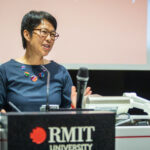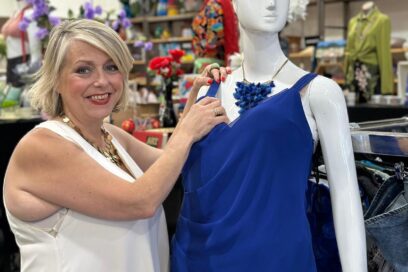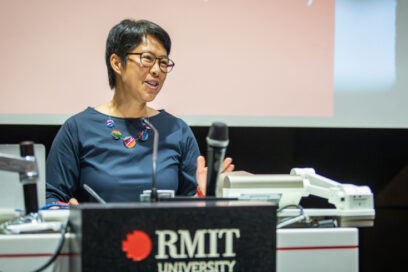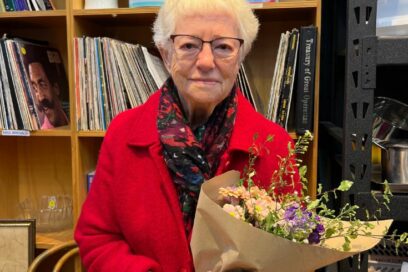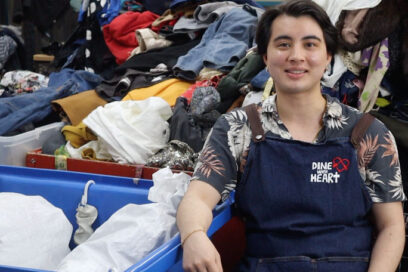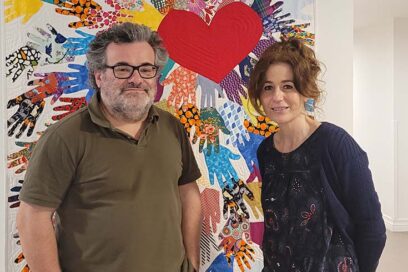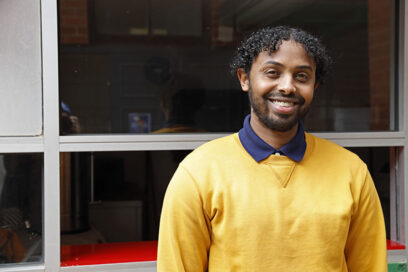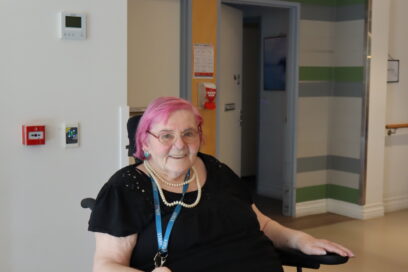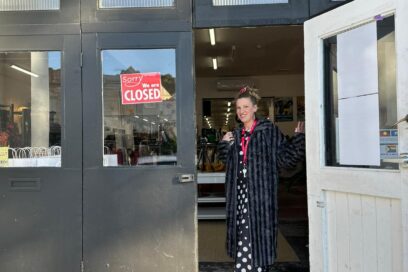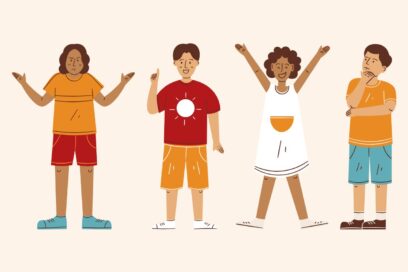Karen Moore believes eating nutritious food should be a basic human right, even if you do not have a home. And she’s right.
When you’re experiencing or at risk of homelessness, food, shelter and safety are top priorities, but health is often neglected. Naturally, nutrition takes a backseat.
“Nutrition is not rocket science; information about eating right should be readily available,” Karen says.
“No matter our wealth or social status, we all need to eat a variety of foods from the five food groups to stay healthy.
“If you’re not eating right, it exacerbates everything else going on in your life.”
Free nutrition consultations at the Wellness Place
After graduating from Swinburne University with a Bachelor of Health Science and major in nutrition last year, Karen, also a mother of three and a grandmother, volunteers at the Wellness Place (formerly Hands on Health clinic) where she gives free nutrition consultations every Monday and runs cooking demonstrations for clients.
“I was attracted to volunteering my skills at Sacred Heart Mission because the Meals Program does an incredible job of providing nutritional lunch and breakfast options to the people who need it most,” she says.
“It gives me great pleasure to help educate people experiencing homelessness about how they can make healthier food decisions in their own time, because nutritional education and learning healthy eating patterns is not something they might have learnt.”
The health-related side effects of homelessness
Health-related side effects of homelessness include diabetes, obesity and chronic illnesses. While cheap meals can be provided to people, they are often highly processed and poor in nutrients.
The basic pleasure of enjoying the food you eat or the social bonding that comes with a good meal are often missing factors as well. On top of this, there are many personal dietary requirements or cultural preferences that people should have the right to maintain.
“One of my clients is a vegan, so we’ve come up with a plan for how she can access fresher, plant-based foods and ensure she is not deficient in B12 and iron,” she says.
Karen has also created quick, healthy and budget-friendly meal options for clients to try in their own time, such as her ‘Meal in a Mug’ recipe.
The Wellness Place provides complementary therapies such as nutrition, podiatry, massage, myotherapy, reflexology, acupuncture and optometry.
The clinic runs entirely on the support of hard-working and fully qualified volunteer professionals and supervised student placements who provide more than 340 complementary appointments per month for people in need.



